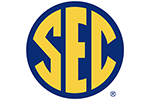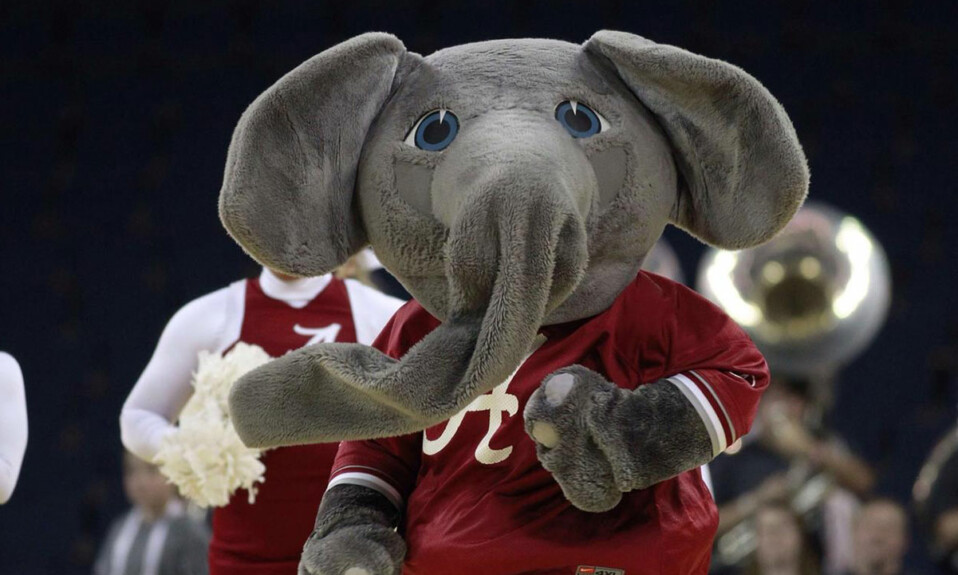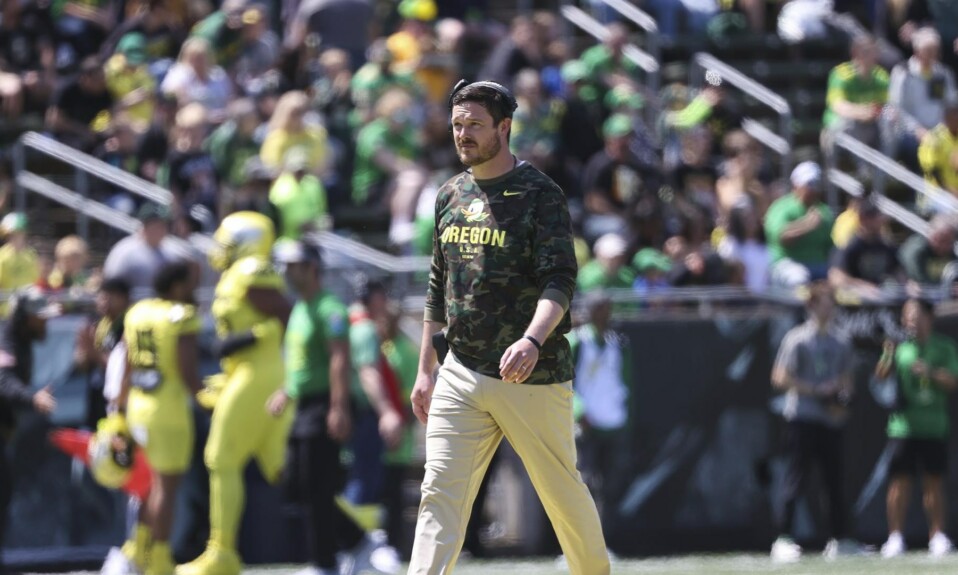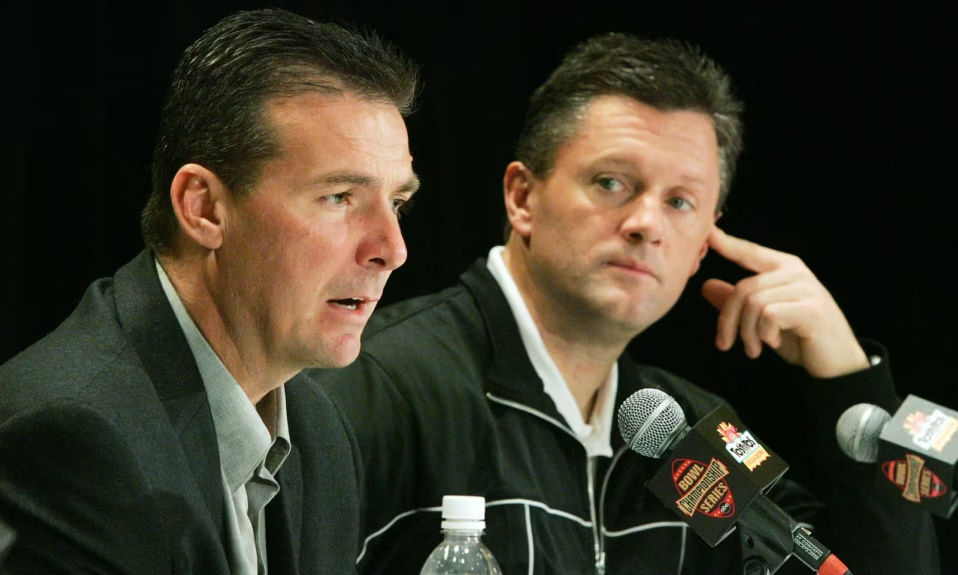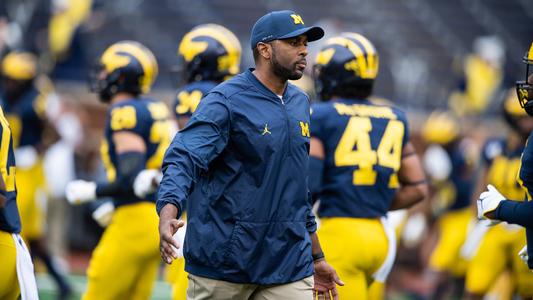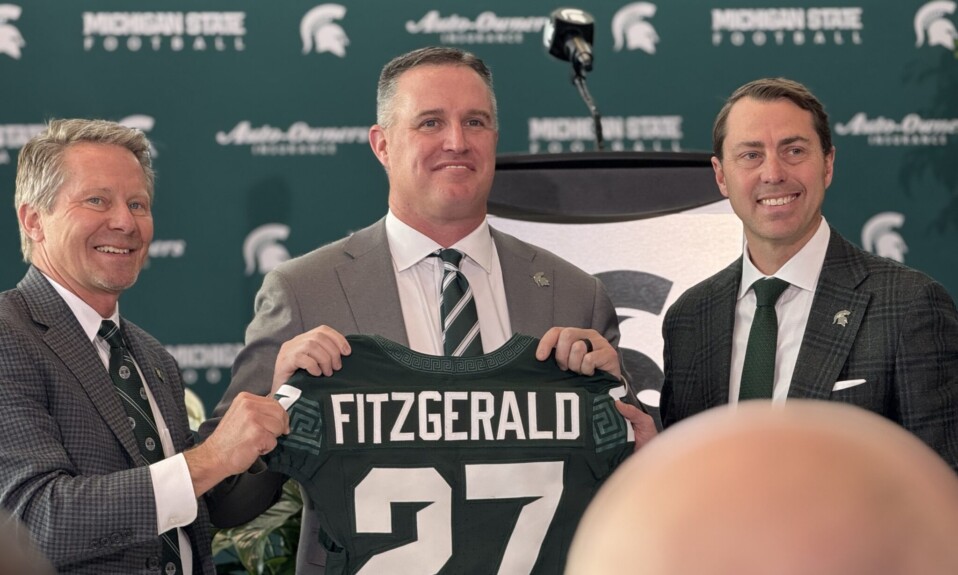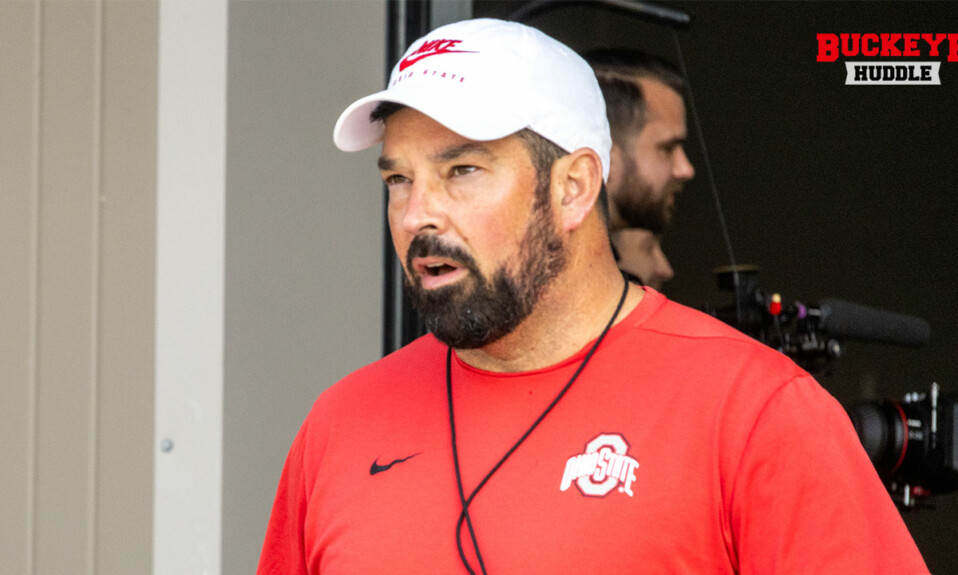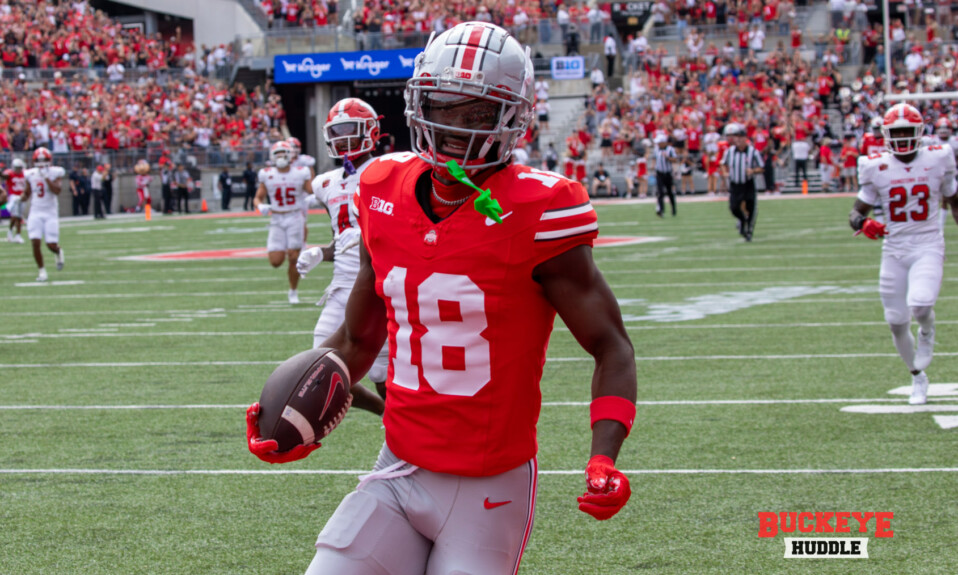The regular season begins in three days, and the state of college football remains in flux.
During an appearance on The Dan Patrick Show, Notre Dame athletic director Jack Swarbrick summarized the recent expansion efforts and fact that programs like Cal and Stanford will be left without a conference for some time a “complete disaster” and that “everybody” in the industry “has to take responsibility here.”
“I think the decision making has lost its way in terms of the focus on the student athlete and what’s primarily best for them,” Swarbrick said. “But we are where we are, and we have to try and make it work. I mean, we’ve been pretty vocal in the past month about we need to find a home for Stanford and Cal. That you can’t have two of the great academic institutions in the world not have a not have a place in play.”
Since late July, conference realignment has retaken headlines amid a number of programs announcing plans to depart one conference from another. The Pac-12 Conference alone is left with four member programs — Cal, Oregon State, Stanford and Washington State — while schools such as Arizona, Arizona State, Colorado, Oregon, Utah and Washington are departing for either the Big Ten or the Big 12.
According to multiple reports, Notre Dame had been “pushing hard” for Stanford and Cal to become additions to the Atlantic Coast Conference.
Swarbrick said “there’s still consideration” for Cal and Stanford to become member schools of the ACC, and he added that Notre Dame is “very much so” lobbying for the pair to join.
Though, Swarbrick said he can envision a college athletics landscape where football isn’t completely independent from other, Olympic sports.
“It doesn’t mean you need to separate out football, operationally,” Swarbrick said. “I think I think we can all still stay under the same umbrella.”
Swarbrick said factors such as conflicting media rights agreements and assignment or Grants of Rights deals will make it difficult for football to completely separate from Olympic sports within college athletic departments.
Swarbrick also said he can see a state of college athletics where student-athletes aren’t considered “employees” similar to today’s state. But money and payouts remain near the center of conference realignment discussions, and Swarbrick said he sees that trend will continue.
“They’re certainly based on money. There’s no question,” Swarbrick said. “Some of that is the demands that have arisen over time to find more revenue to meet this requirement or this requirement. So I’m not terribly comfortable with the description of it as greed, but it is all about money.”

